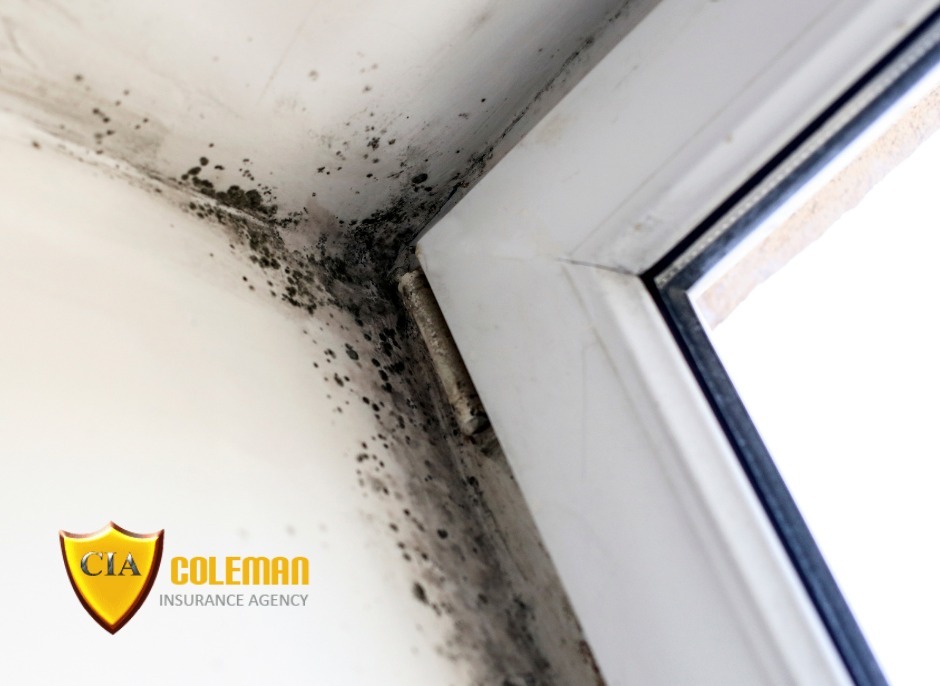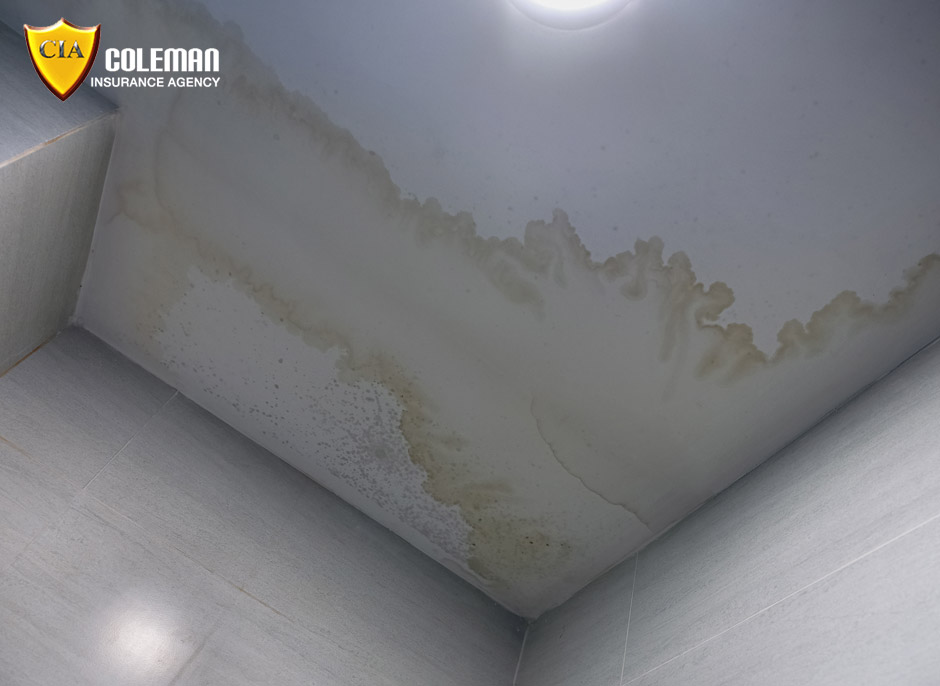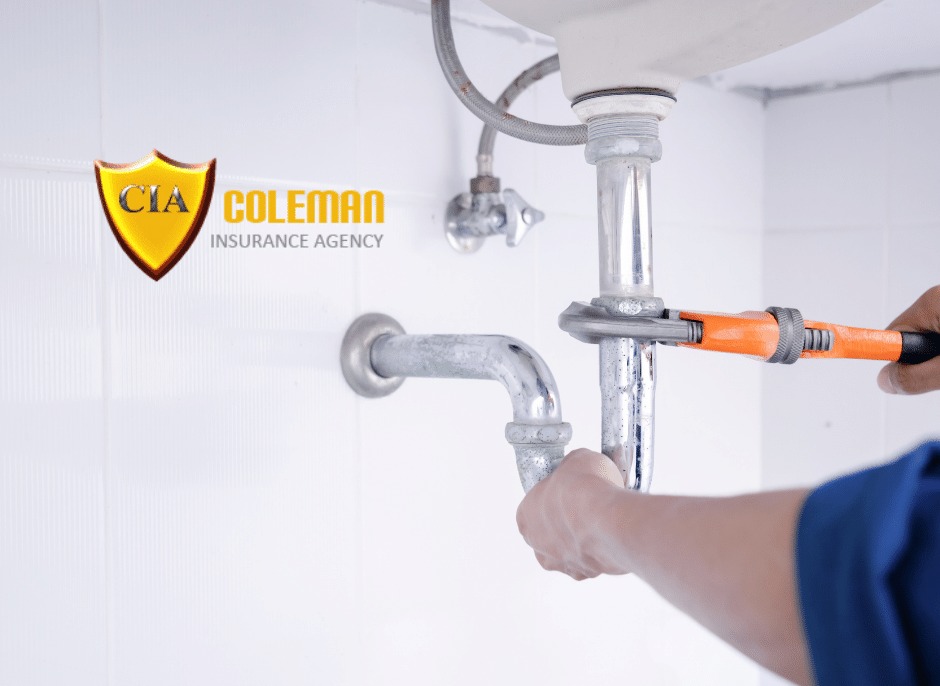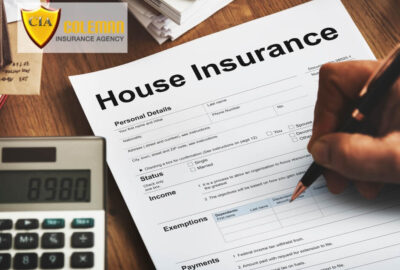Homeowners Insurance
Is Mold Damage Covered by Homeowners Insurance?
Is mold covered by your homeowners insurance policy?
You might not think about it on a regular basis, but mold damage can be quite devastating to your home, sometimes costing hundreds or even thousands of dollars to repair. It’s even worse if that mold is toxic, because this can cause severe harm to a person’s respiratory system even after a short period of exposure.
Homeowners insurance claims are often submitted for mold damage, but not all of these claims are accepted. This begs the question, is mold damage covered by homeowners insurance? Today, we plan to dive right into that question and then provide some quick tips on how to prevent mold from occurring in the first place.
When Mold Damage May Be Covered
The good news is that mold removal and mold remediation are typically included with homeowners insurance whenever the damage is the result of a covered peril. This is often because of sudden and accidental damage to your home, but it depends on the event that caused the damage. Basically, there are three situations where you may be able to file a claim with your homeowners insurance when you have mold damage resulting from:
- Water leaks due to a malfunctioning appliance
- Water damage from a burst hot water heater
- Water damage caused by firefighters extinguishing a fire
When Mold Damage May NOT Be Covered
Aside from the covered perils listed above, a homeowners insurance policy typically won’t cover mold damage. This includes any damage derived from negligence, which means that if you allow standing water to remain in your bathroom for a long period of time, you won’t be able to file a claim for it. You also won’t be covered for mold damage caused by floods and other acts of nature, which is why obtaining separate flood insurance is a necessity.
Obtaining Separate Flood Insurance
As a Floridian, you’ve probably heard of the importance of getting flood insurance quite a few times. We’re here to reiterate that, but we’ll also add potential mold damage to the discussion. Mold damage is often the result of flooding, which is common in many parts of our great state. If you don’t have flood insurance, however, you’ll be forced to pay for any damage, including mold damage, out of your own pocket.
How to Prevent Mold in Your Home
Mold growth can damage your walls, floors, cabinets, furniture, and practically anything else that it comes into contact with, often resulting in expensive repair needs and poor air quality. Even though mold removal and mold remediation are always an option, whether you’re covered by homeowners insurance or not, the best plan of action is to prevent it from occurring in the first place.
Here are some quick methods for you to follow:
- Dry Up Moisture Quickly — When any level of moisture is allowed to linger, it doesn’t take long for mold to form. Be sure to dry up any moisture you find, specially in your bathroom and kitchen. And if you spill any type of drink, clean it up right away.
- Check for Water Leaks — Searching for water leaks as part of your home maintenance routine will help avoid the accumulation of moisture and, therefore, mold damage. Also pay attention to the physical condition of your pipes, because a burst pipe can lead to mold and severe water damage.
- Purchase a Dehumidifier — To keep moisture under control, each room’s humidity level should be under 60%. Pick up a humidifier gauge and test each room in your home. Then, if needed, purchase a dehumidifier and routinely use it to control the moisture level.
- Repair Broken Gutters — Broken gutters can cause water to leak inside your home, especially in places like the attic where you won’t see it until mold has already developed. At least once per year, check your gutters for any damage and either repair or replace them immediately, as needed.
- Improve the Air Flow — As your home’s temperature drops, the air will hold less moisture, which can cause it to accumulate on your walls and other surfaces. Improving your airflow by opening doors between rooms, moving your furniture away from the walls, and opening windows when possible, will help prevent this.
Contact Coleman Insurance Agency for All Your Insurance Needs
Coleman Insurance Agency can assist you with homeowners insurance, auto insurance, life insurance, commercial insurance, and any other personal or business insurance needs. If you have any questions about mold damage coverage, mold prevention, or would like a free quote for homeowners insurance in Clearwater, reach out by calling (727) 441-9911.
Comments are closed









